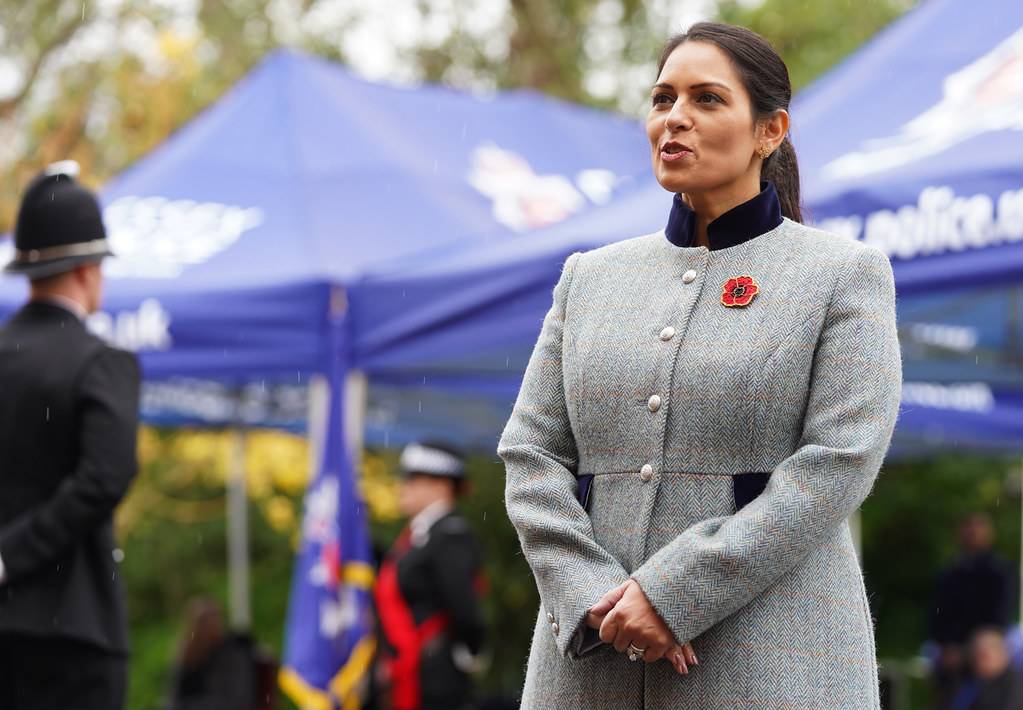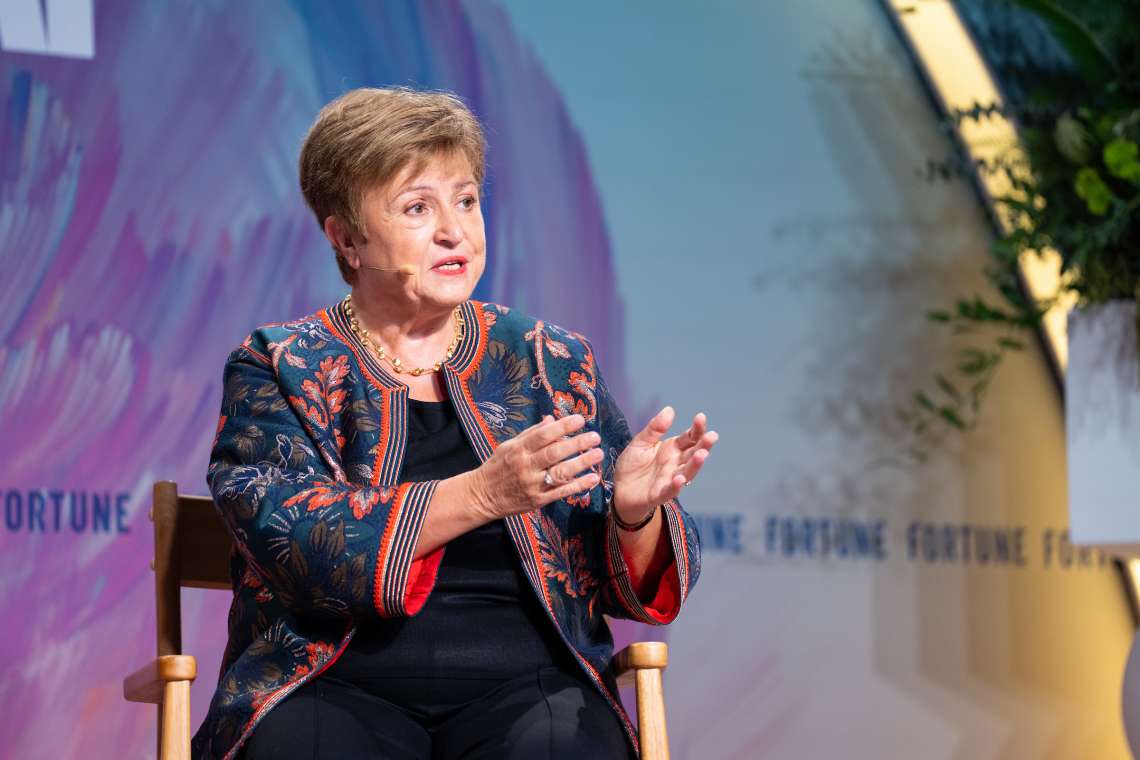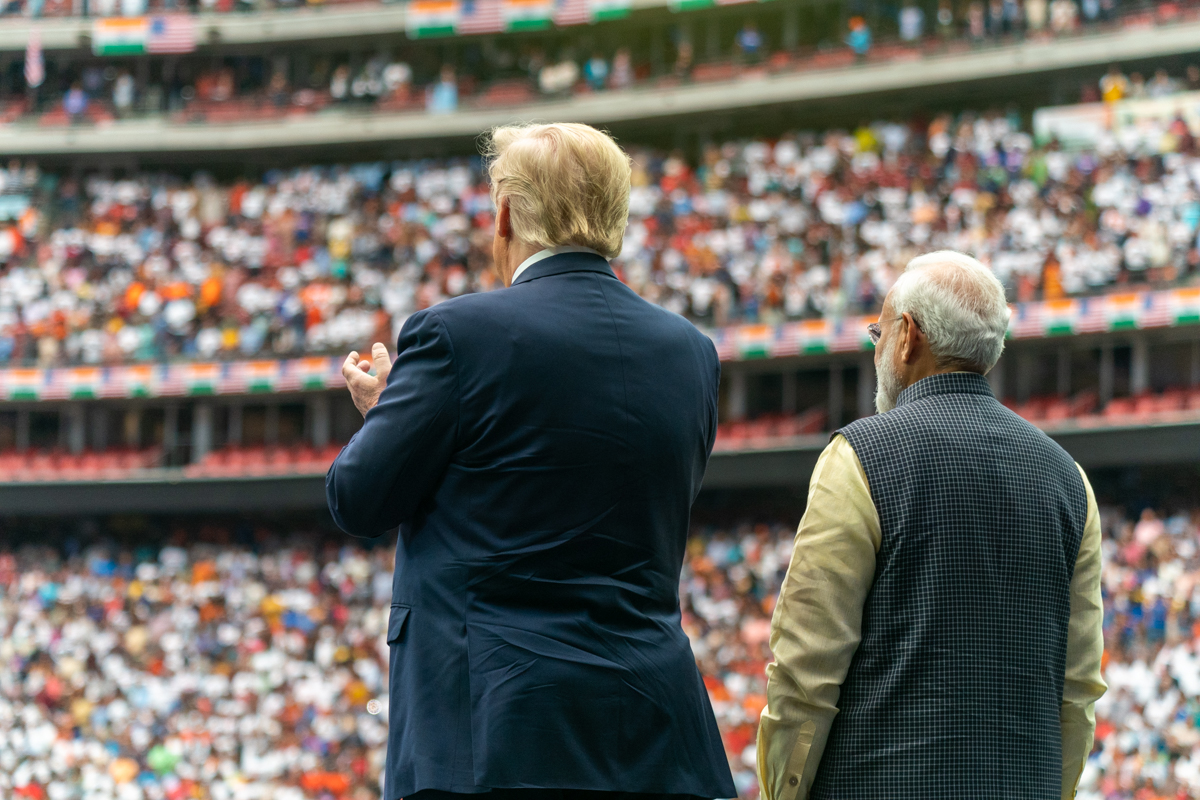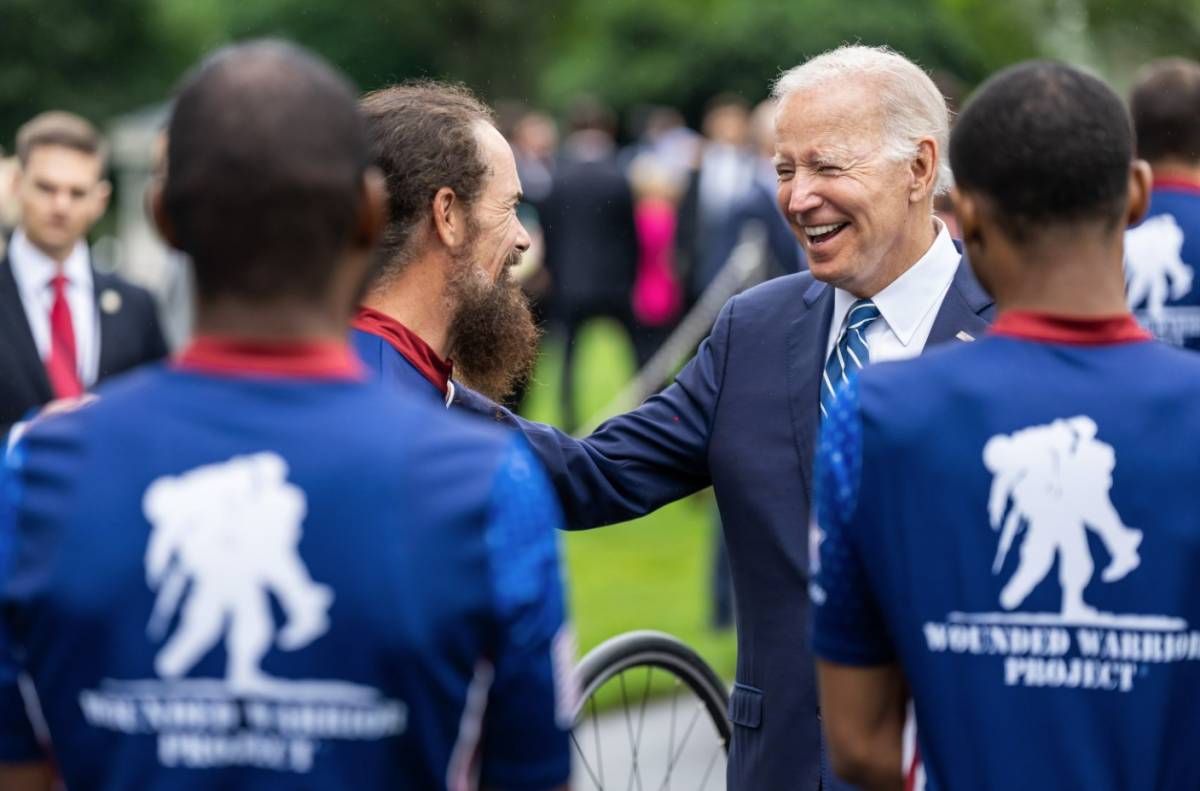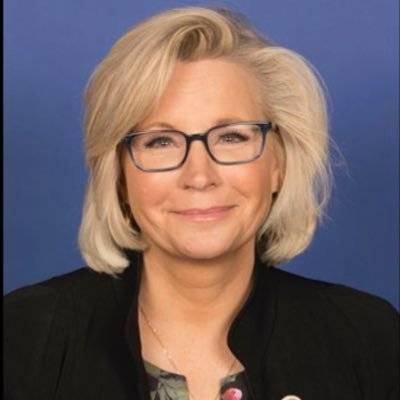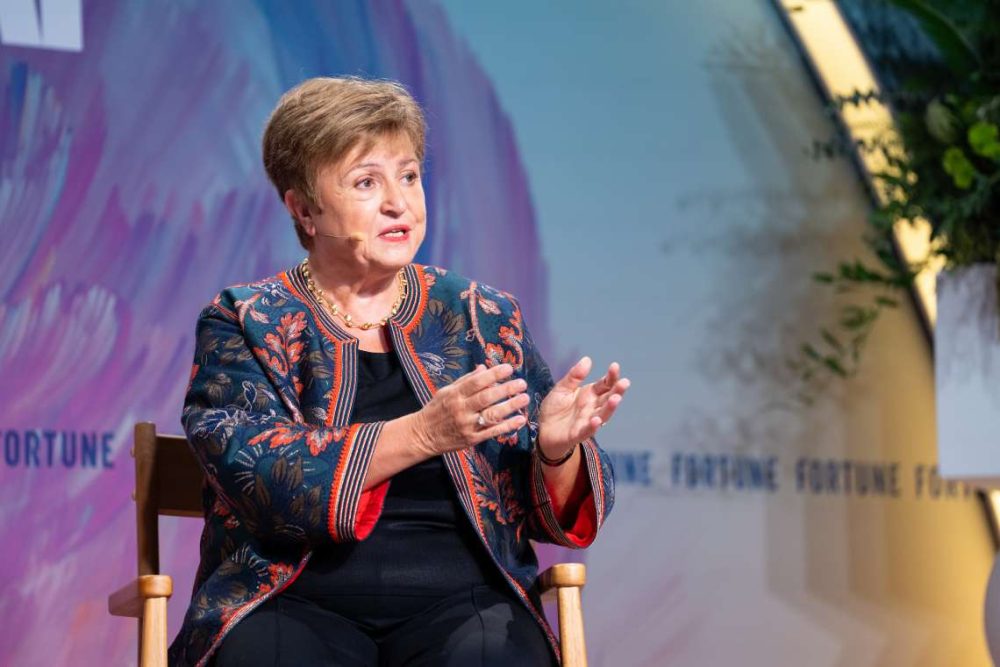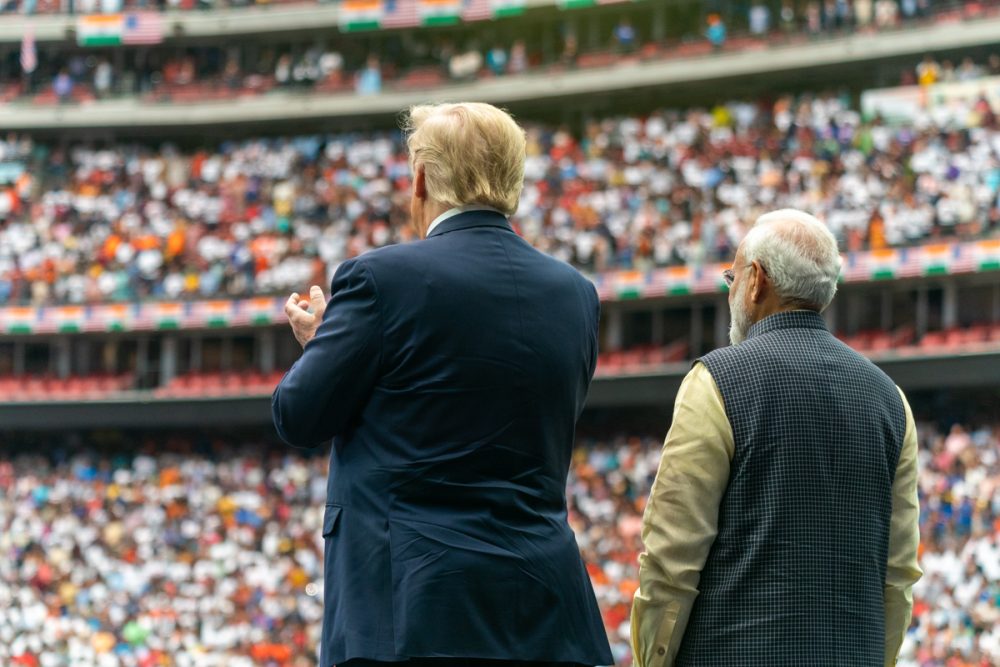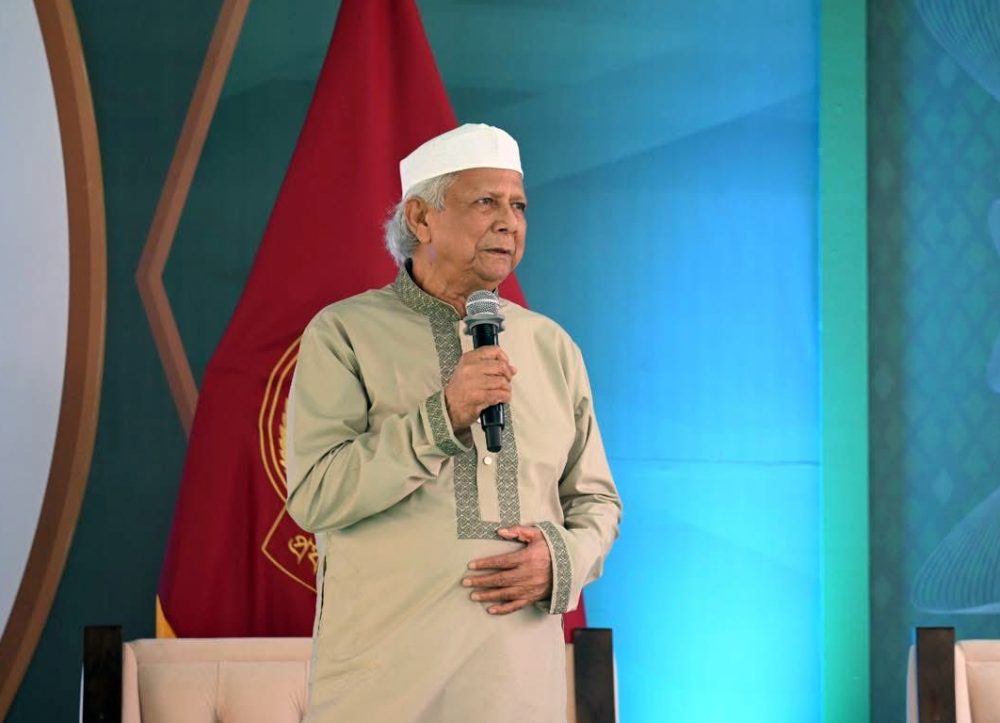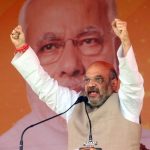“I think the Quantum Leap is a great phrase. It stretches the imagination and that’s exactly what we should be doing. The DNA of India and the UK is deeply ambitious,” she said…reports Asian Lite News
India is the leading nationality for skilled workers and students coming to the UK and therefore immigration should be dis-aggregated from the wider free trade agreement (FTA), UK Home Secretary Priti Patel said on Thursday.
“We are going to have the highest number of Indian students come to the UK for the new semester year. India dominates our immigration system,” she said.
“Free trade agreements, FTAs, are absolutely there for trade purposes. When it comes to people to people movement or migration, they should not necessarily be in trade agreements,” she said.
“We have introduced a points-based immigration system, a brand-new digital immigration system. That is up and running, it’s working. And, the nationality that tops the list is India. It’s a high skill, sponsored by employers to work across a range of sectors,” the home secretary elaborated.
Asked about further opening up visas with an FTA, she noted: “I think we should disaggregate this from the wider FTA. FTAs are the territory of tariffs and quotas, which does not apply to immigration. We want high skills and high wages.”
Addressing a session on the diaspora living bridge at the UK-India Week in London, the senior British-Indian Cabinet minister also referred to the BJP and Conservative Party as “sister parties” as she expressed her confidence in achieving Prime Minister Narendra Modi’s “quantum leap” in bilateral relations in the lead up to an FTA later this year.
“I think the Quantum Leap is a great phrase. It stretches the imagination and that’s exactly what we should be doing. The DNA of India and the UK is deeply ambitious,” she said.
The Gujarati-origin minister referenced British Prime Minister Boris Johnson’s visit to India in April, when he was in the “home state Gujarat”.
“I’m very much bilateral rather than multilateral,” Patel said, adding institutions do serve a purpose but Prime Minister Narendra Modi has driven the bilateral partnership. I’m going to be very political now, I think our two parties are sister parties and that helps. Not only are the roots strong but they are accelerating and that’s because of the people to people ties. We are rooted together, people, education, skills, economy, we are vested,” she said.
She was also asked about Johnson’s partygate troubles, having lost two important by-elections earlier this month, and her own prime ministerial ambitions to succeed him, which she dismissed.
She said: “I know my party pretty well. I have been involved with by-elections myself, where there are mid-term losses and it happens. We should not start wringing our hands and condemning ourselves. He [Johnson] will be the Prime Minister of our country and leader of the Conservative Party going into the next general election, I can guarantee that. It’s [becoming Prime Minister] not something I think about. I’m absolutely focussed on my job and my responsibility to my country and the British people.”
The UK-India Week, organised by UK-headquartered India Global Forum (IGF), opened on Monday and will conclude on Friday with UK-India Awards to celebrate achievements across different sectors in promoting bilateral ties.
ALSO READ-New Zealand secures FTA with EU


